Kamilah Martin, Founder and CEO of Katalyst Consulting, has navigated the nonprofit world for 20 years, both as a nonprofit executive and as a nonprofit executive consultant. In 2020, with the world feeling turned upside down, she resigned from an organization whose lived values no longer aligned with hers. She took a risk as the primary breadwinner for her family of four, and she bet on herself, leaning into her passions and purpose. Kamilah started Katalyst and has had the fortune of partnering with and consulting for organizations and foundations around the globe. With Katalyst Consulting, she serves nonprofit executive teams as interim Chief Program Officer (VP of programs) and interim Chief of Staff when their organizations are experiencing senior leadership transitions. Kamilah is an expert in creating safe communities through the Katalyst Fill Your Cup retreats and Katalyst Nonprofit Consulting Mastermind Community, centering the needs and experiences of Black women and other women of color.
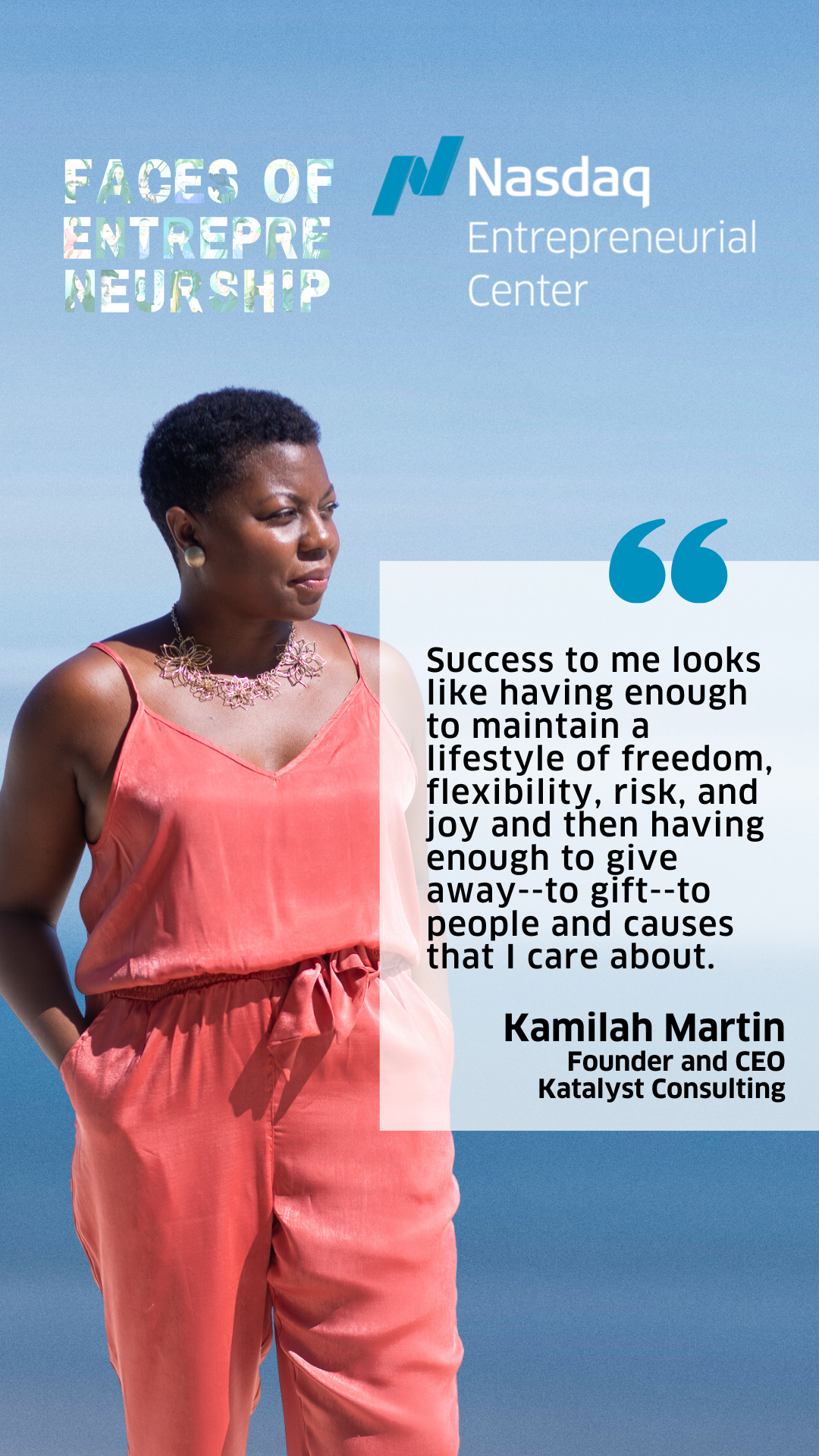 What does “entrepreneurship” mean to you?
What does “entrepreneurship” mean to you?
Kamilah Martin: I’ve always been someone who asked myself, “but why” and “what’s missing” and “how can we make this or that thing better?” Entrepreneurship to me means building and improving. What are we creating that may not exist or what are we improving upon to make something that does already exist a little bit better? Or even, is there a new audience that you can reach who isn’t currently being served with the products and services as they currently exist? To me, entrepreneurship is about trying, watching and listening, learning, improving, and growing.
Tell us about your first experience with entrepreneurship.
KM: I like to joke that I came up with the idea of Amazon before Amazon. For whatever reason, when I was a kid, my parents used to get these catalogs in the mail that sold things like office supplies, telephones, you name It. In my little 7- or 8-year-old make-believe world, I took these catalogs and created a store called AYCPWF (or Anything You Could Possibly Wish For). I would pretend to answer phone calls, take orders, and pretend to mail the items out to customers. Now you can’t tell me that this was not the beginning of an entrepreneurial spirit! My first actual business was what was probably an illegal reselling operation in elementary school. My dad would bring home 3-ring binders that they were throwing out at his job, and I’d sell them at school for $1. 100% profit margins. Cha-ching!
What is your company’s origin story? What is the biggest reason you started your business? What did those early days look like and teach you?
KM: I had spent over 20 years in the nonprofit and social impact space, working myself up to some of the highest levels of leadership.
In 2020, with the world feeling turned upside down, I resigned from an organization whose lived values no longer aligned with mine. I took a risk as the primary breadwinner for my family of four, and I bet on myself, leaning into my passions and purpose. I started Katalyst and have had the fortune of partnering with and consulting for organizations and foundations around the country as well as building safe and humanity-centered communities and spaces for other Black women and women of color to thrive.
What do you wish you knew when you started? Is there anything you would do differently?
KM: I would have focused more on cash flow…on minimizing expenses since everything was self-funded.
What does “success” look like for you? We’d love to hear your biggest, boldest dream. What do you think will help you achieve it?
KM: Success to me looks like having enough to maintain a lifestyle of freedom, flexibility, risk, and joy and then having enough to give away–to gift–to people and causes that I care about. I want to be able to help people when they need help without caring about returns or whether my bills will get paid. Ultimately, I want to be able to say that I gave my entrepreneurial efforts my all, that I met some interesting and inspiring people in the process, that I learned many new things, and that I helped some folks along the way.
What is your superpower as an entrepreneur? What is your proudest and darkest moment so far? Share a key high and a key low from your journey if you can.
KM: I have two superpowers. One is showing up as me, flaws, unpolished and all, which I have discovered helps people feel comfortable re-discovering and showing up as themselves. And the second, is not overthinking things. I have a high tolerance for failure and imperfection! I like to experiment, put things out there, pilot, and figure them out as I go along. Sometimes things work, sometimes they don’t, but I am for damn sure learning every step of the way. Things not working brings up one of my darkest, lowest moments as an entrepreneur. Credit cards and debt = SO SCARY!
What are your personal driving principles, your top values?
KM: My personal (and our company) values are integrity, equity, and compassion. These three things drive how move through the world.
What’s it like to work alone or with your partners?
KM: I feel very lucky that while I may technically be a “solopreneur,” one core element of my business is community. I literally created and built an ecosystem where folks are partnering with and supporting each other on a daily basis. I created this during the pandemic when everyone was home and craving connection. We’re now doing in-person events as part of our community and this way we’re never truly “alone.” It is a true business hack!
What are you reading or have read?
KM: I’m currently reading Yung Pueblo’s, Lighter, and Mark Manson’s, The Subtle Art of Not Giving a F*ck.
Where do you go for inspiration?
KM: Anywhere in nature. Many entrepreneurs are a certain…let’s just say “type.” We’re go-go-go. We’re constantly swirling around ideas and solutions in our brains. So many of us don’t make the conscious effort to slow down. Nature and photography help me slow down. Stillness and seeing my very small place in the big, big world inspires me. There are also several entrepreneurs whose content I enjoy following and learning from.
Do you have a favorite quote, mantra, or words of wisdom to get through the tough days?
KM: My favorite quote is an excerpt of one from Toni Morrison, “…your real job is that if you are free, you need to free somebody else. If you have some power, then your job is to empower somebody else…” This quote is everything to me because my company was literally born out of my personal and dire need for liberation and it has evolved into supporting other women like me on their personal journeys of liberation.
What is a problem that keeps you up at night?
KM: That so many women are running a rat race not of their choosing. A race where we’re the bomb and yet aren’t appreciated or recognized. Where we’re burning out trying to juggle raising families and climbing ladders and being what we think we’re “supposed” to be. I do think for the system to work, there has to be some of this kind of energy in the mix, and I applaud women who want this for themselves and go after it and excel. My worry is for the women who DON’T want this, but don’t know how or where to start breaking free from this lifestyle.
How do you think about helping others through your work?
KM: My entire business is built on helping others through my work. If I’m not helping others through what I’m creating and building, then I’m not living in my life’s purpose. I’m not doing my job.
What advice do you have for fellow (and aspiring) entrepreneurs building and leading teams?
KM: The people you choose for your teams should be operating in their gifts and should be making your life easier. My management philosophy has been the same for 20 years: Communicate goals and shared expectations, provide your team with the resources they need to be successful, then get out of their way and let them do their jobs. You need to do the work to get real with yourself about the kind of support you really need and be clear in communicating that, and then build in time for yourself to regularly reevaluate that to offer support or pivots when needed.
What kind of an entrepreneur do you want to be known as – as in, what do you want your legacy to be?
KM: In the words of one of my favorite songs that gets me emotional every time I hear it, I want to be known as an entrepreneur that did it “My Way” and brought many, many other women along with me.
Do you have someone you’d like to nominate to be profiled in our Faces of Entrepreneurship series? Please let us know by emailing media@thecenter.nasdaq.org or submitting your nomination using this form.
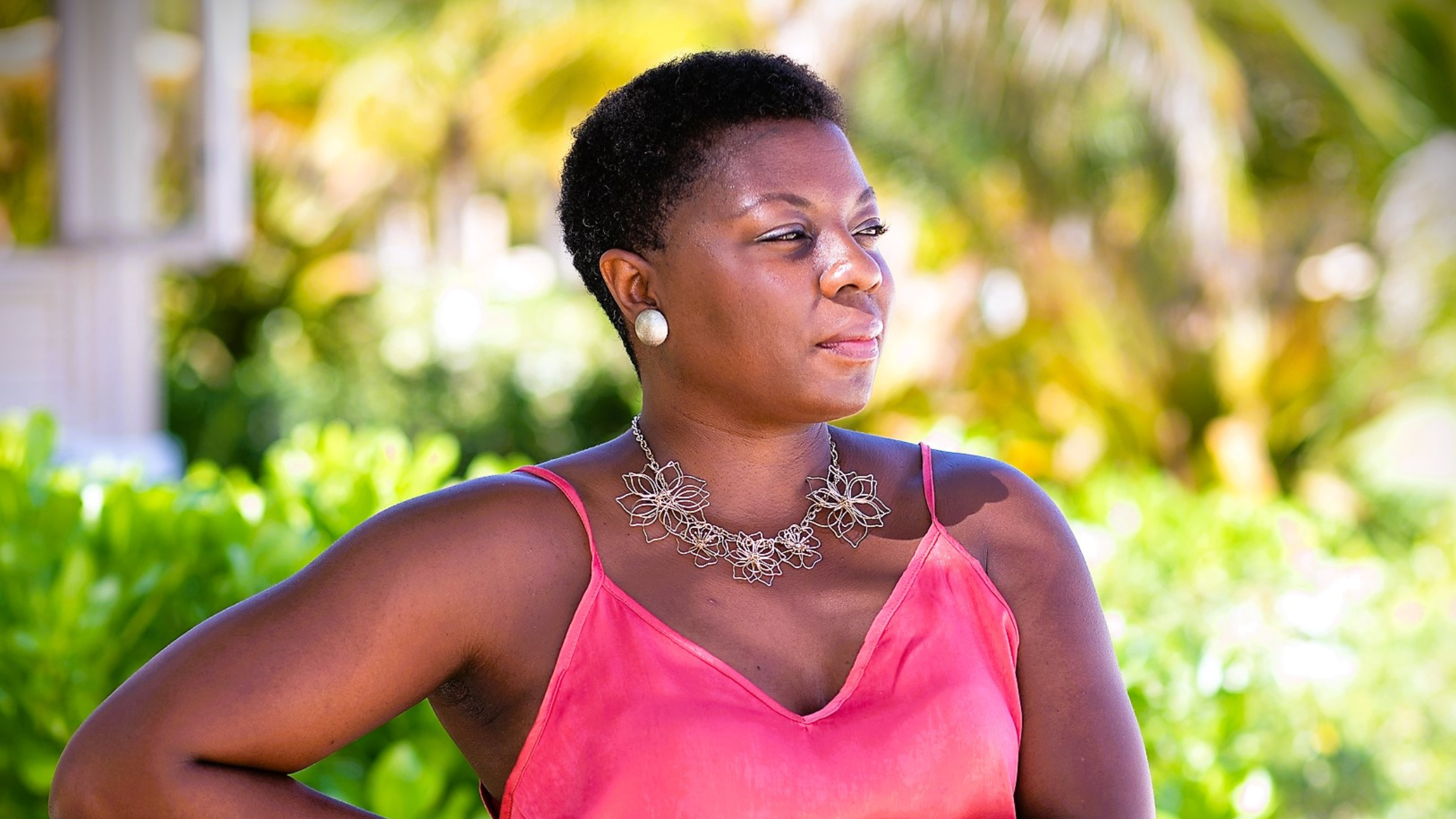
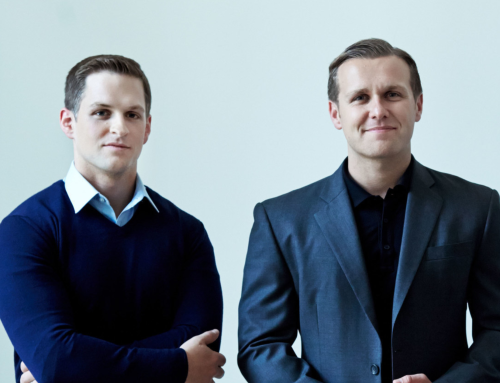
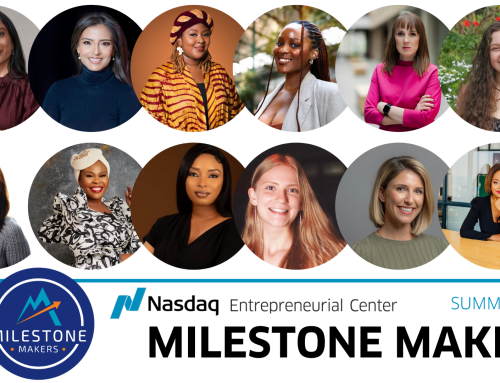
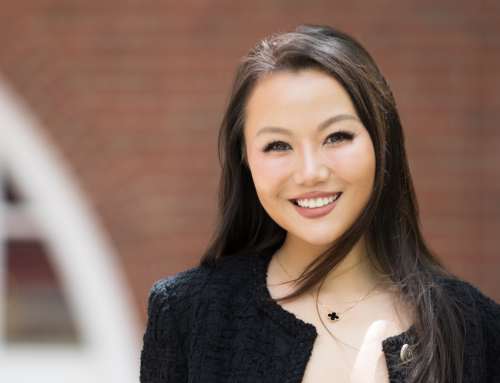
Invite a Friend
Close